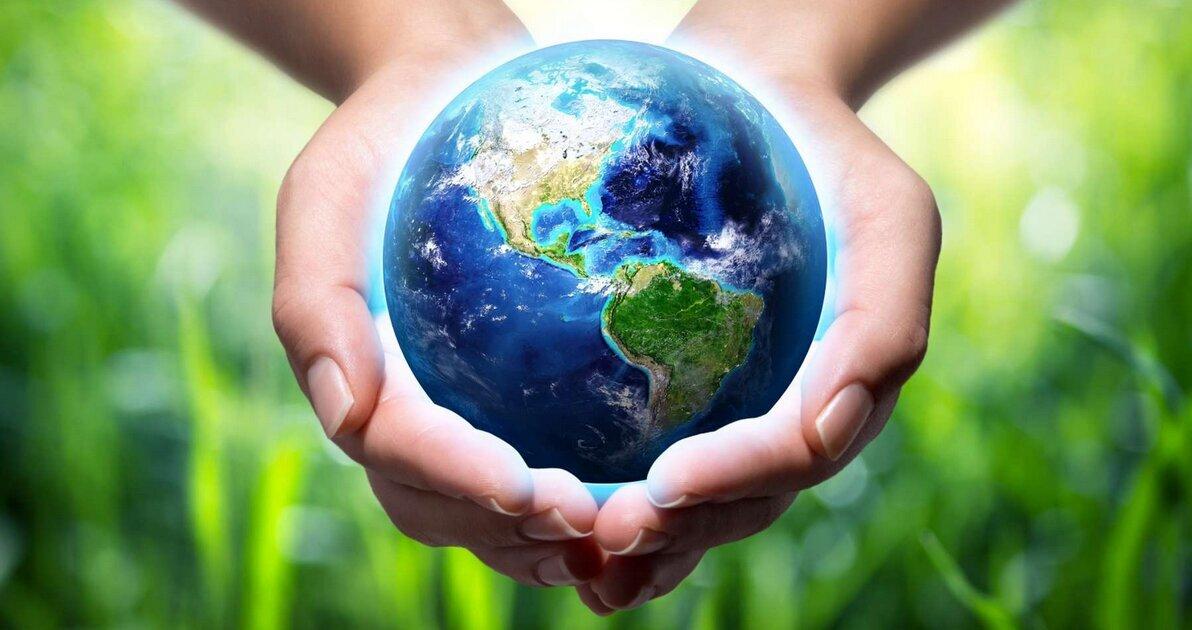Economy, Benefits Everyone: An Economy for the 99%

The briefing paper from Oxfam examines economic inequality and asks for a more humane system of economics.
It concentrates particularly on how big businesses and the ultra-wealthy are fueling the inequality crisis and what may be done to change this. It examines the misconceptions that have brought us to this point and demonstrate how we may build a more just society based on an economy that puts people before profit and gives priority to the most vulnerable.
The Oxfam report “An Economy for the 99%” made headlines worldwide just in time for the 2017 World Economic Forum to begin in Davos: According to recent estimates, eight persons hold as much wealth as the poorest half of the world’s population. However, there must be a conversation that goes beyond this number and considers how to successfully combat inequality and advance SDG 10.
AN ECONOMY FOR THE 99%
Four years have passed since the World Economic Forum warned that growing economic inequality posed a serious threat to social order, and three years have passed since the World Bank linked the need for shared prosperity to its goal of eradicating poverty. Since then, the wealth gap between the wealthiest and the rest of society has increased despite commitments by techniques des to address inequality.
However, the crisis of global inequality has not abated:
- The richest 1% of people have possessed more wealth than the rest of the world since 2015.
- Eight men currently own an equivalent amount of wealth as the world’s poorest half.
- 500 people will leave their heirs $2.1 trillion over the course of the next 20 years, which is more than the GDP of India, which has 1.3 billion citizens.
- Between 1988 and 2011, the incomes of the bottom 10% of the population climbed by less than $3 annually, whilst the incomes of the richest 1% increased 182 times as much.
- A CEO of a company listed on the FTSE 100 makes as much money annually as 10,000 employees employed in Bangladeshi textile manufacturers.
- According to a recent analysis by economist Thomas Piketty, the income growth for the lowest 50% of Americans over the past 30 years has been negative, while it has increased by 300% for the top 1%.
- The richest person in Vietnam makes more in a day than the lowest person makes in ten years.
THE CAUSES OF INEQUALITY
According to Oxfam’s findings, the wealthiest 1% have earned more money over the past 25 years than the bottom 50% combined. 15 Income and wealth are being pulled upward at an alarming rate, far from trickling down. What is the root of this? Corporations and extremely wealthy people both play important roles. Corporations increasingly serve the wealthy and produce returns for the upper echelons while denying people who need economic growth’s advantages the chance to benefit. This actually means that businesses increase revenue for the wealthy by:
- squeeze their workers and producers into
- paying the least amount of tax feasible and forcing nations to compete to offer tax havens
- utilizing their influence to modify laws and policies to suit their desires
Our economy has to cease lavishly rewarding the wealthy and start working for everyone. The foundation of this more humane economy is an accountable and visionary government, firms that prioritize the needs of workers and producers, a cherished environment, women’s rights, and a robust system of fair taxes. The separate methodology note explains the sources and techniques used to develop the paper’s headline information.
Resources:
Oxfam Event it Up Website: https://www.oxfam.org/en/even-it/its-time-end-extreme-inequality

- Art
- Causes
- Best Offers
- Crafts
- Dance
- Drinks
- Film
- Fitness
- Food
- Oyunlar
- Festival
- Gardening
- Health
- Home
- Literature
- Music
- Networking
- Other
- Party
- Religion
- Shopping
- Sports
- Theater
- Wellness





